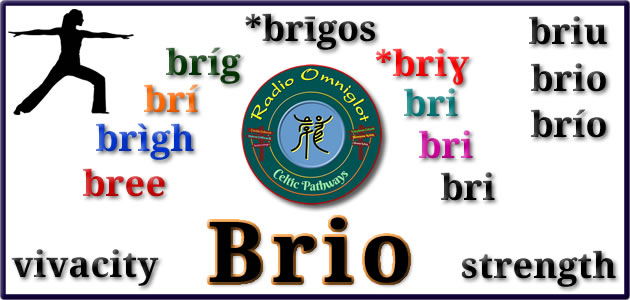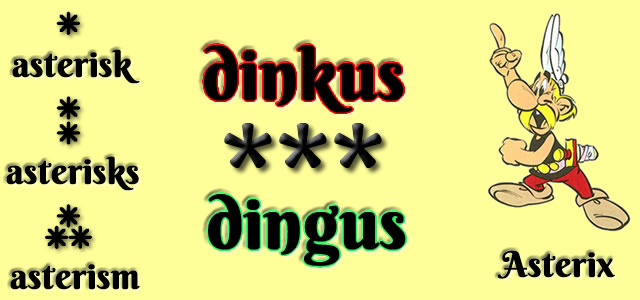Podcast: Play in new window | Download
In this episode, we’re looking into the Celtic roots of some Romance tins.
The Proto-Celtic word *stagnos means tin and probably comes from the Proto-Indo-European *sth₂gʰ-nó-s (standing, firm), from *steh₂- (to stand) [source].
Related words in the modern Celtic languages include:
- stán = tin, tin vessel in Irish
- staoin [sdɯːn̪ʲ] = tin, pewter in Scottish Gaelic
- stainney = tin, can, tin-plate in Manx
- (y)staen [ˈ(ə)staɨ̯n] = tin, pewter in Welsh
- sten [stɛːn / steːn] = tin in Cornish
- staen [ˈstɛːn] = tin in Breton
Words from the same Celtic roots, via Gaulish *stagnom (tin) and Latin stannum (tin, silver-lead alloy), include estany (tin) in Catalan, étain (tin) in French, stagno (tin) in Italian, and estanho (tin) in Portuguese [source].
I forgot to mention in the recording that the symbol for the element tin is Sn, which comes from Latin stannum, and the English words such as stannary (of or pertaining to tin mining, especially in Cornwall), and stanniferous (containing or producing the metal tin) come from the same roots [source].
Words from the same PIE roots include cost, distant, estate, instant, obstinate, stand, stem and stool in English [source], and words from heel in Celtic languages, such as sawdl in Welsh and sáil in Irish [source].
Incidentally, the word tin comes from Middle English tyn(ne) (tin), from Old English tin (tin), from Proto-Germanic *tiną (tin), probably from a pre-Indo-European language [source].
More about words for Tin and related tools in Celtic languages.
You can find more connections between Celtic languages on the Celtiadur blog. I also write about words, etymology and other language-related topics on the Omniglot Blog.
Radio Omniglot podcasts are brought to you in association with Blubrry Podcast Hosting, a great place to host your podcasts. Get your first month free with the promo code omniglot.















